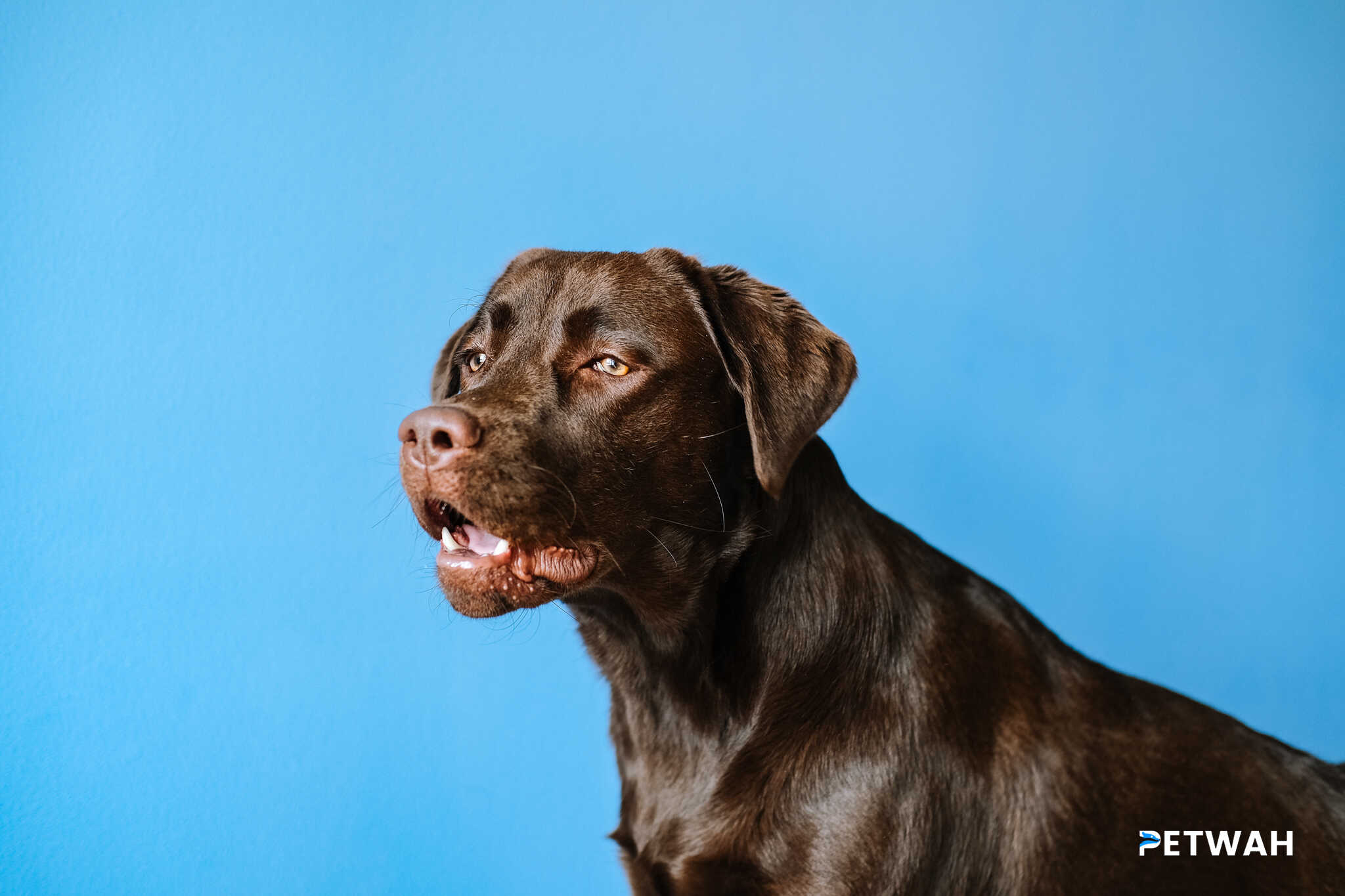As our beloved pets age, it’s important for couples to understand how to manage the aging process and address health concerns in their Chihuahua. Just like humans, dogs experience changes in their physical and cognitive abilities as they grow older. From providing proper nutrition to managing exercise routines and addressing specific health issues, there are several important factors to consider. In this article, we will explore some key tips and strategies to help couples navigate the aging process with their Chihuahua, ensuring their furry companion continues to live a happy and healthy life.
1. Adjusting the diet:
As Chihuahuas age, their nutritional needs may change. It’s crucial to provide a balanced diet that meets their specific requirements. Consult a veterinarian to determine the right food and portion sizes to maintain a healthy weight and promote overall wellbeing. Additionally, consider incorporating supplements such as joint support or omega-3 fatty acids to support joint health and cognitive function.
2. Regular veterinary check-ups:
Scheduling regular check-ups with a veterinarian is essential for monitoring your Chihuahua’s health and addressing any potential issues early on. These visits allow the vet to conduct thorough examinations, monitor changes in weight, assess dental health, and screen for common age-related conditions such as arthritis or cognitive decline. By catching problems early, you can provide prompt treatment and improve your furry friend’s quality of life.
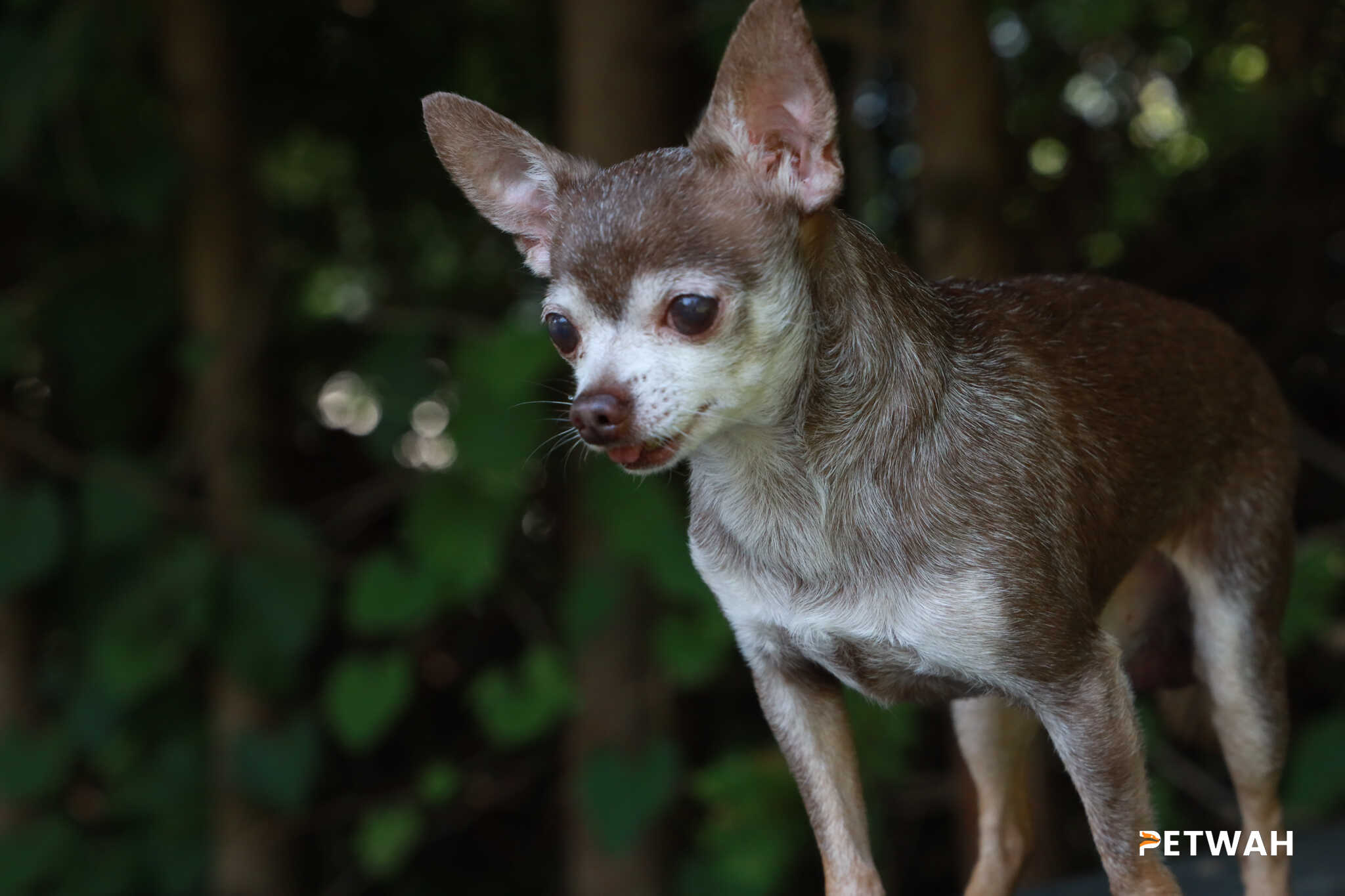
3. Exercise and mental stimulation:
While it’s important to adapt the exercise routine to your Chihuahua’s aging body, regular physical activity remains crucial. Moderate exercise helps maintain a healthy weight, promotes cardiovascular health, and supports joint flexibility. Engage in activities such as shorter and less strenuous walks, gentle play sessions, or swimming. Mental stimulation is equally important, so consider puzzle toys, obedience training, or interactive games to keep their minds sharp.
4. Managing dental health:
Dental problems can arise with age, so it’s crucial to prioritize dental care for your Chihuahua. Regular brushing and professional dental cleanings can prevent periodontal disease, tooth loss, and other related health issues. Additionally, provide chew toys or dental treats designed to promote oral hygiene and prevent tartar buildup.
5. Adapting the living environment:
As your Chihuahua ages, consider making adjustments to their living environment to accommodate their changing needs. Provide comfortable bedding with good support for their joints, ensure easy access to food and water, and minimize the need to climb stairs if possible. Creating a safe and comfortable space reduces the risk of accidents and can help your Chihuahua navigate their surroundings more easily.
It’s important to remember that each Chihuahua is unique, and the aging process can vary from one dog to another. Regular communication with your veterinarian is vital to address individual health concerns and receive tailored advice for your pet’s wellbeing. By understanding and addressing the health concerns of senior Chihuahuas, couples can ensure their beloved furry friend has a comfortable and happy journey into their golden years.
Frequently Asked Questions:
1. How often should I take my senior Chihuahua to the vet?
It’s recommended to schedule twice-yearly check-ups for senior Chihuahuas. However, the frequency may vary based on individual health conditions. Consult your veterinarian for personalized advice.
2. Should I switch my senior Chihuahua to a senior-specific dog food?
It may be beneficial to switch your Chihuahua to a senior-specific dog food formulated to meet their changing nutritional needs. Consult with your veterinarian to determine the best diet for your pet.
3. How much exercise does a senior Chihuahua need?
The exercise needs of senior Chihuahuas may vary depending on their overall health and mobility. Aim for regular, shorter walks and gentle play sessions, but consult your veterinarian for specific exercise recommendations.
4. What signs indicate cognitive decline in a senior Chihuahua?
Signs of cognitive decline in senior Chihuahuas include disorientation, changes in sleep patterns, decreased responsiveness, altered interactions, house soiling, and increased anxiety. If you notice these signs, consult your veterinarian for guidance.
5. Can I manage my senior Chihuahua’s dental health at home?
While regular brushing and dental care at home are important, professional dental cleanings under veterinary supervision are usually necessary for senior Chihuahuas. Consult your veterinarian for personalized advice on managing your dog’s dental health.
Although aging can bring new challenges, with proper care and attention, couples can help their senior Chihuahua live a comfortable and fulfilling life. Remember to consult a veterinarian for personalized advice and ensure your furry friend receives the best possible care. To find high-quality pet products and support your Chihuahua’s health, visit PetWah.


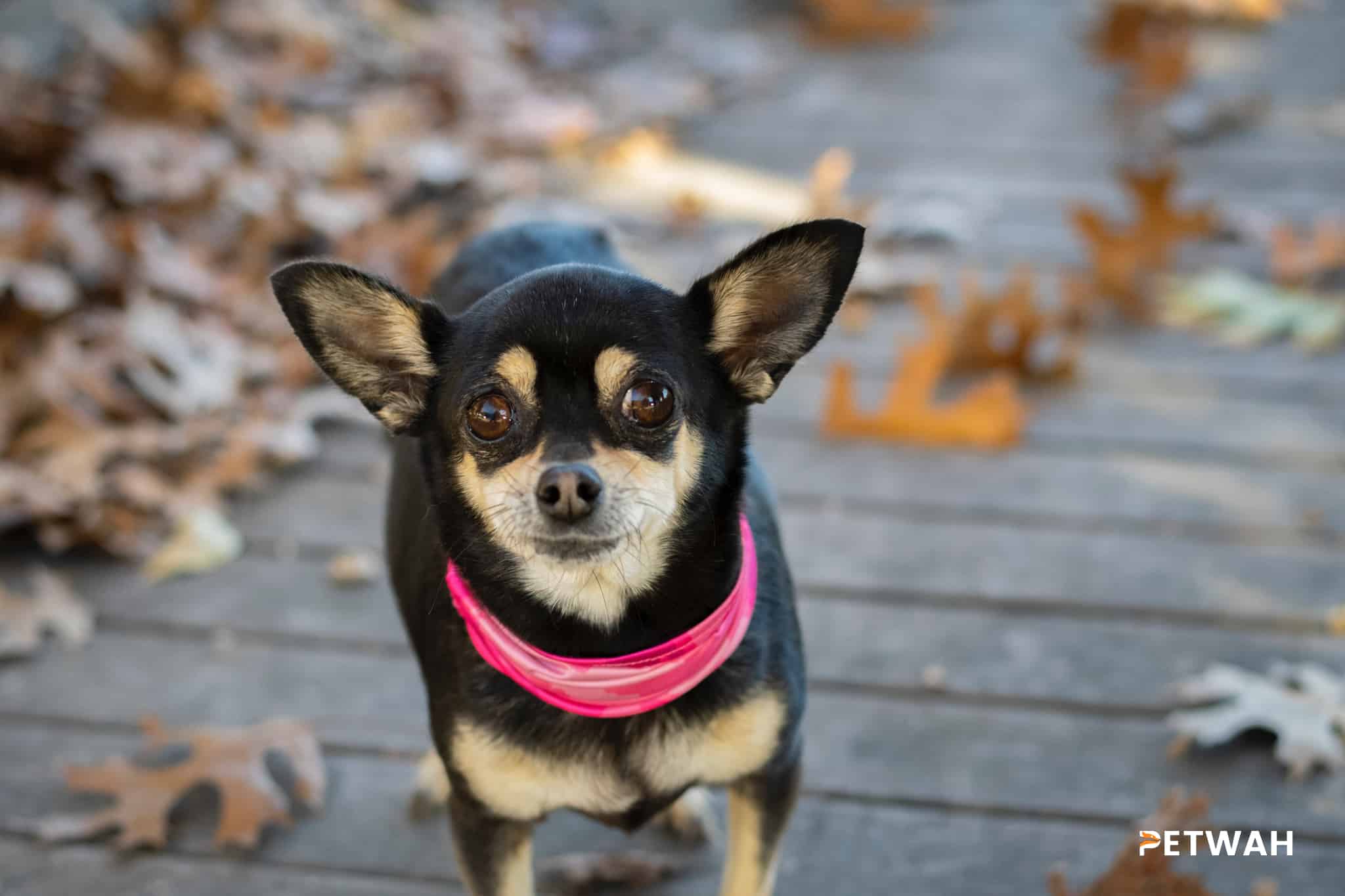
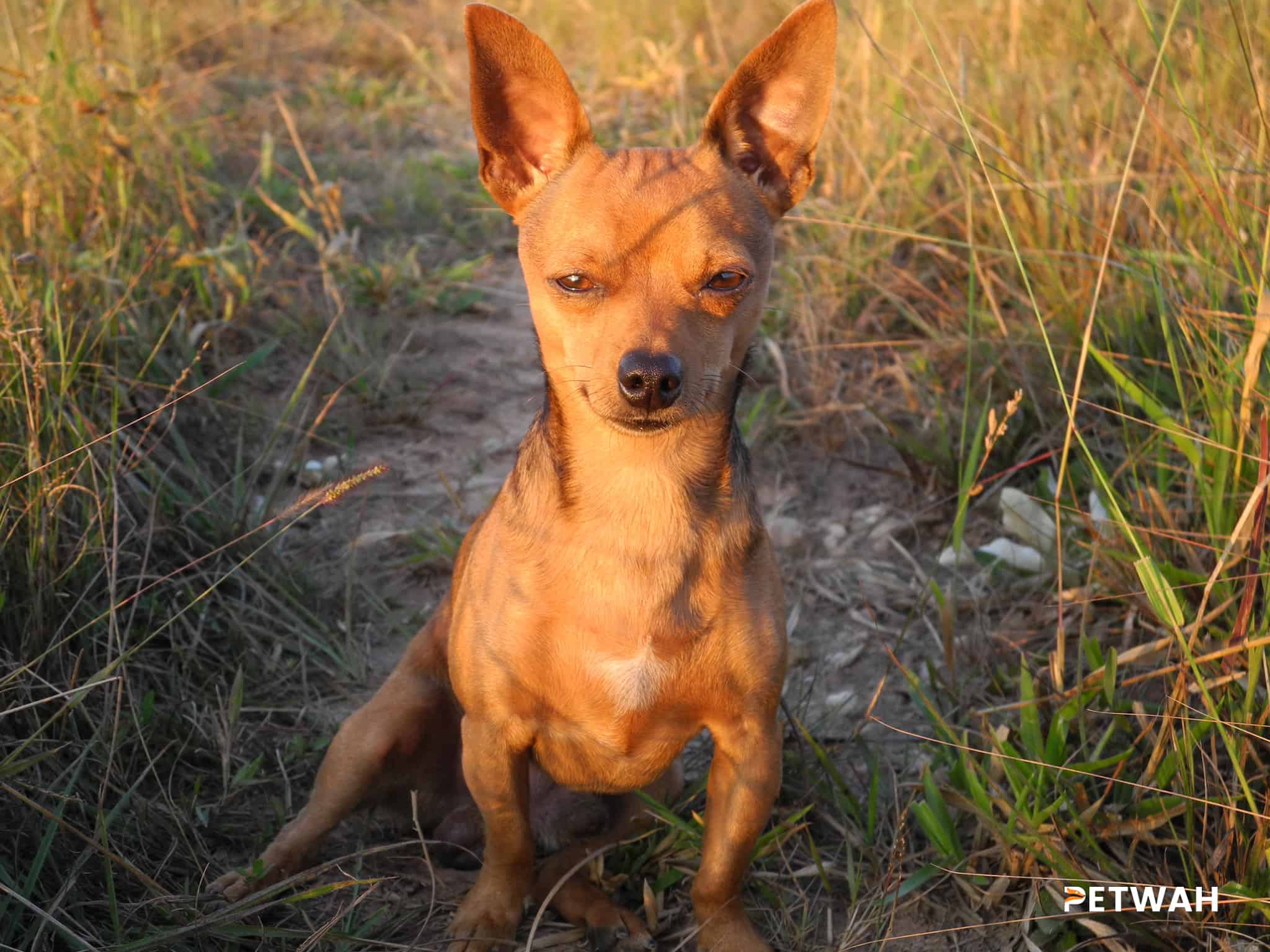
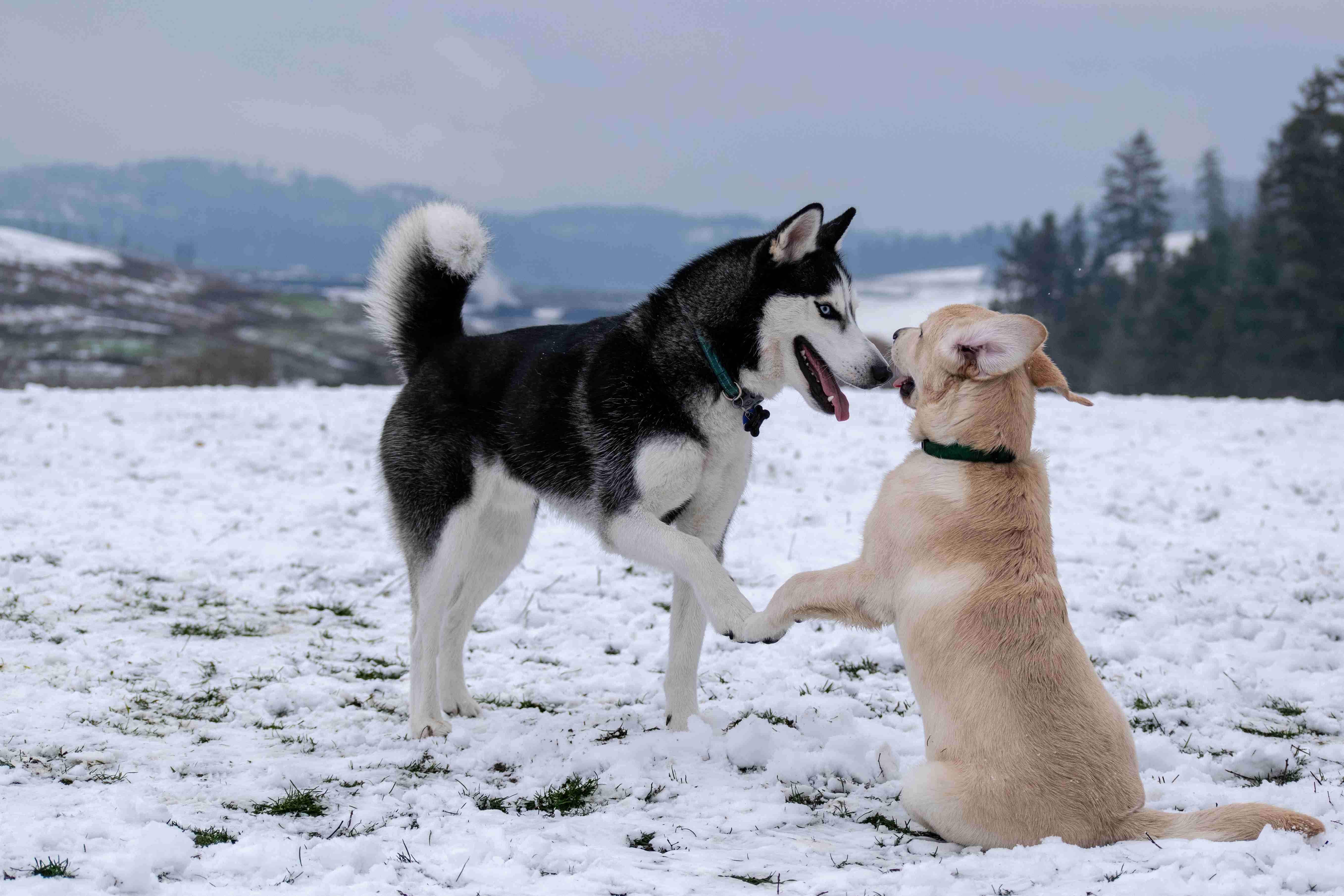
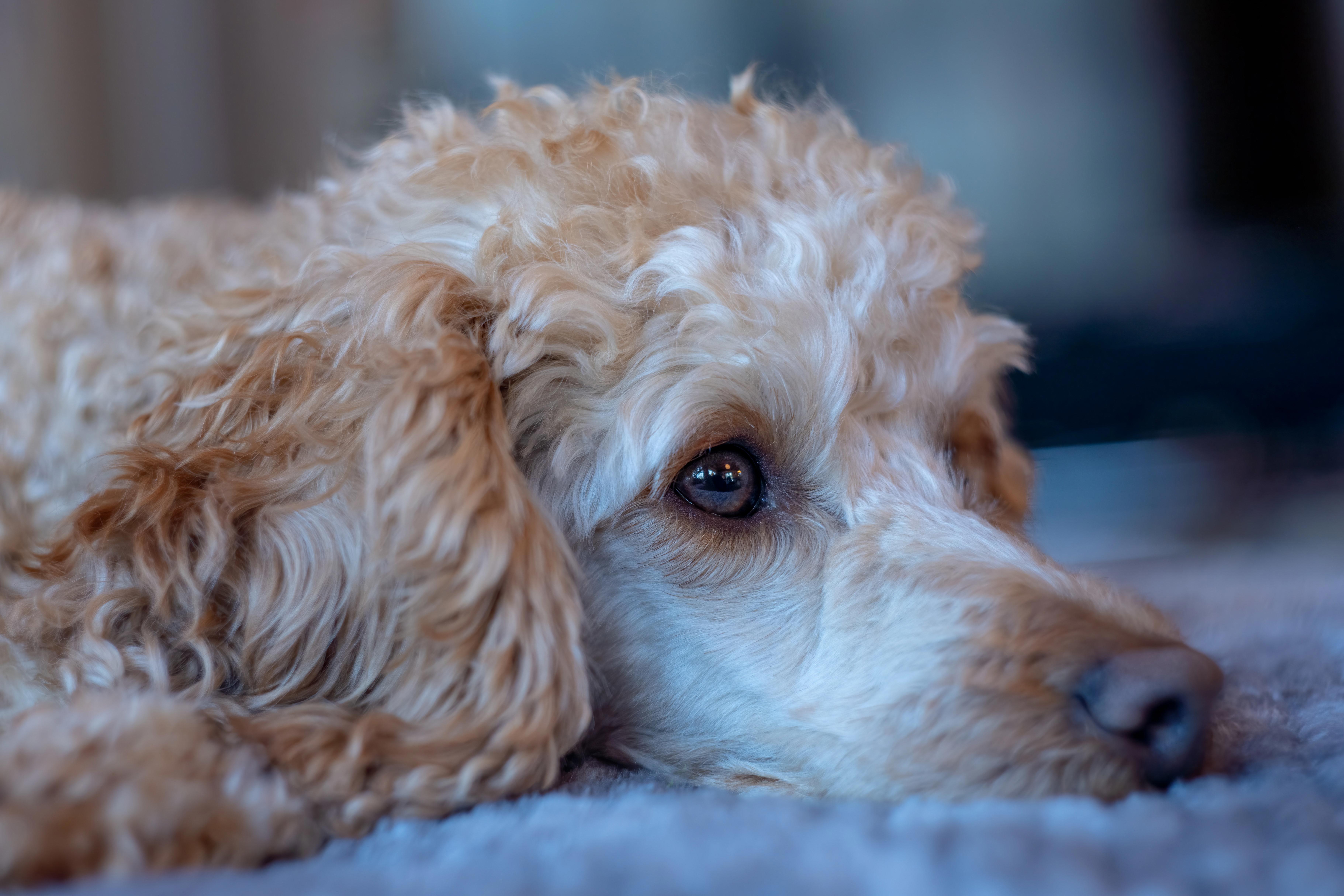
%20-%20Copy.jpg)
